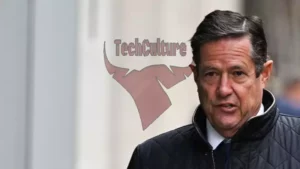“Disagree and Commit”: Silicon Valley’s Resurgent Management Philosophy
In a recent resurgence of management philosophy in Silicon Valley, the phrase “disagree and commit” has gained renewed attention. Meta’s Chief Technology Officer, Andrew Bosworth, recently invoked this concept, echoing a management style popularized by Amazon’s Jeff Bezos and rooted in the leadership principles of former Intel CEO Andy Grove.
Bosworth’s directive to Meta employees comes amid recent policy changes at the tech giant. This approach mirrors Bezos’ application of the philosophy at Amazon, where it has been a cornerstone of decision-making processes.
In his 2016 shareholder letter, Bezos elaborated on the concept, citing an example from Amazon Studios. He emphasized the importance of quick decision-making and wholehearted commitment, even when disagreements persist.
The historical context of “disagree and commit” traces back to Andy Grove’s tenure at Intel. Grove’s biographer, Richard S. Tedlow, highlights the former CEO’s emphasis on post-decision unity, regardless of initial disagreements.
Christopher Myers, an expert on organizational behavior, underscores the benefits of this philosophy in fostering productive conflict within companies. Bezos has further expounded on its value in avoiding compromise and maintaining hierarchical decision-making structures.
The phrase has evolved in recent times, with some leaders adopting a more stringent “disagree and commit — or leave” stance. This shift is evident in Amazon’s return-to-office policy, as articulated by current CEO Andy Jassy, and in Meta’s approach under Bosworth’s leadership.
As Silicon Valley continues to grapple with complex decision-making processes, the “disagree and commit” philosophy remains a powerful tool for fostering decisive leadership and productive conflict within organizations.





